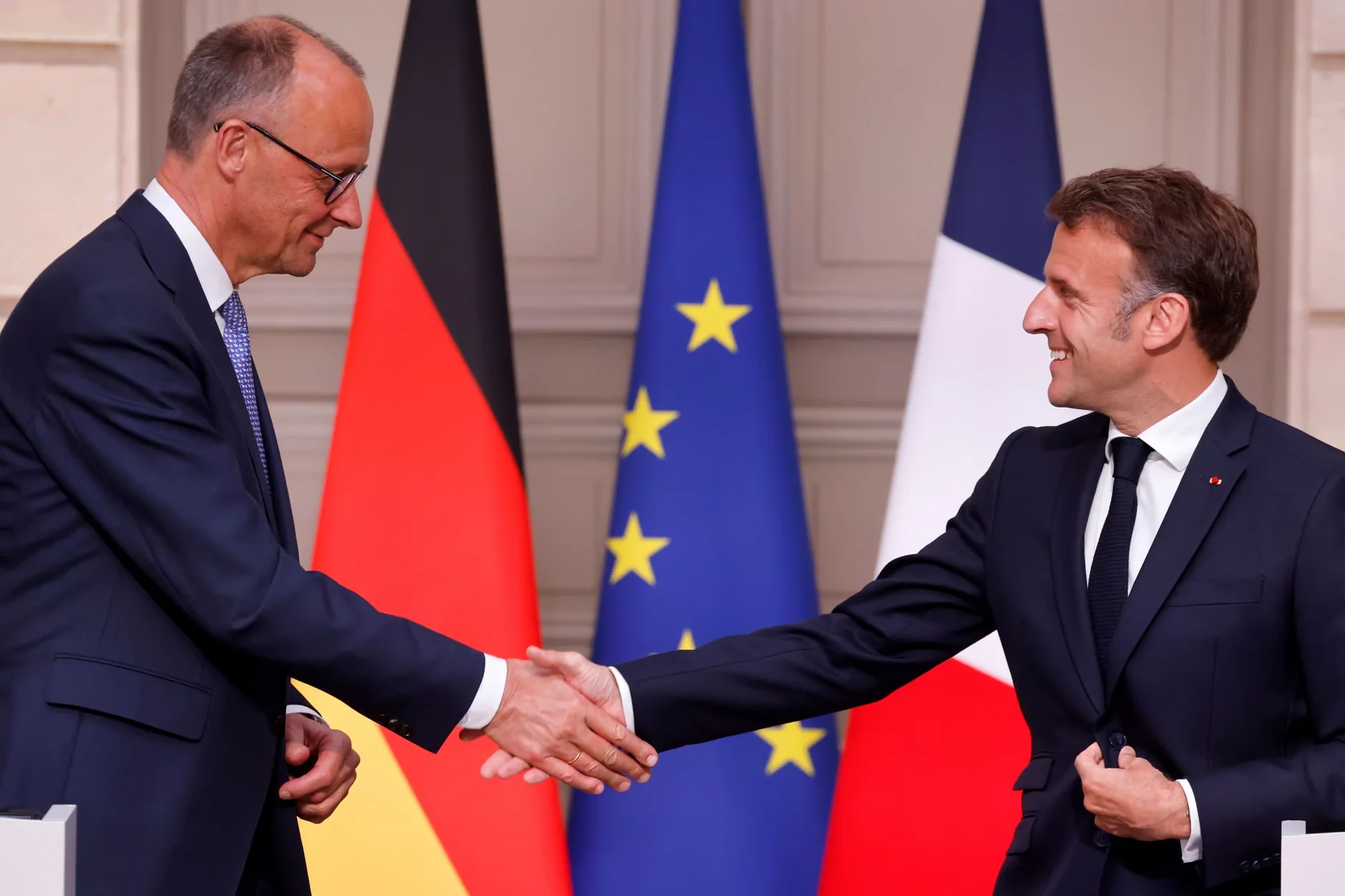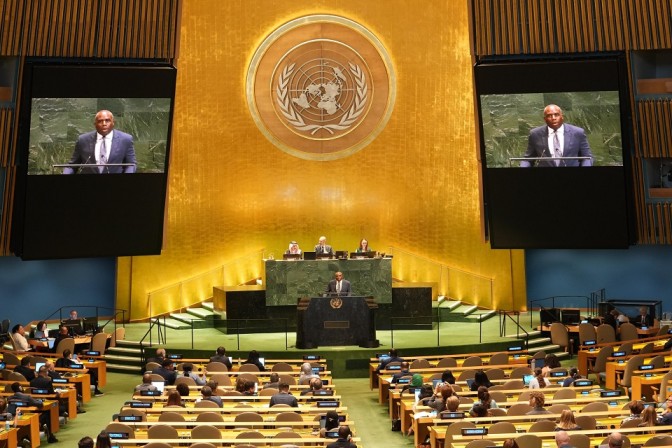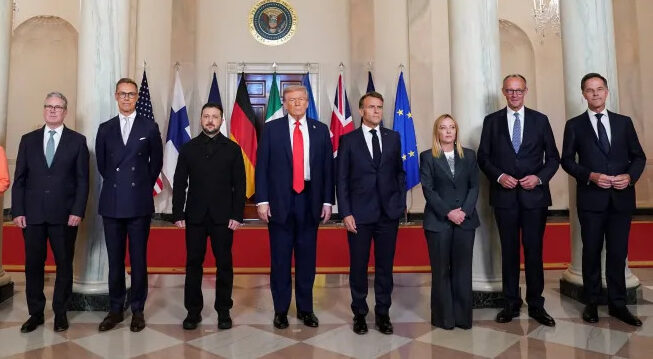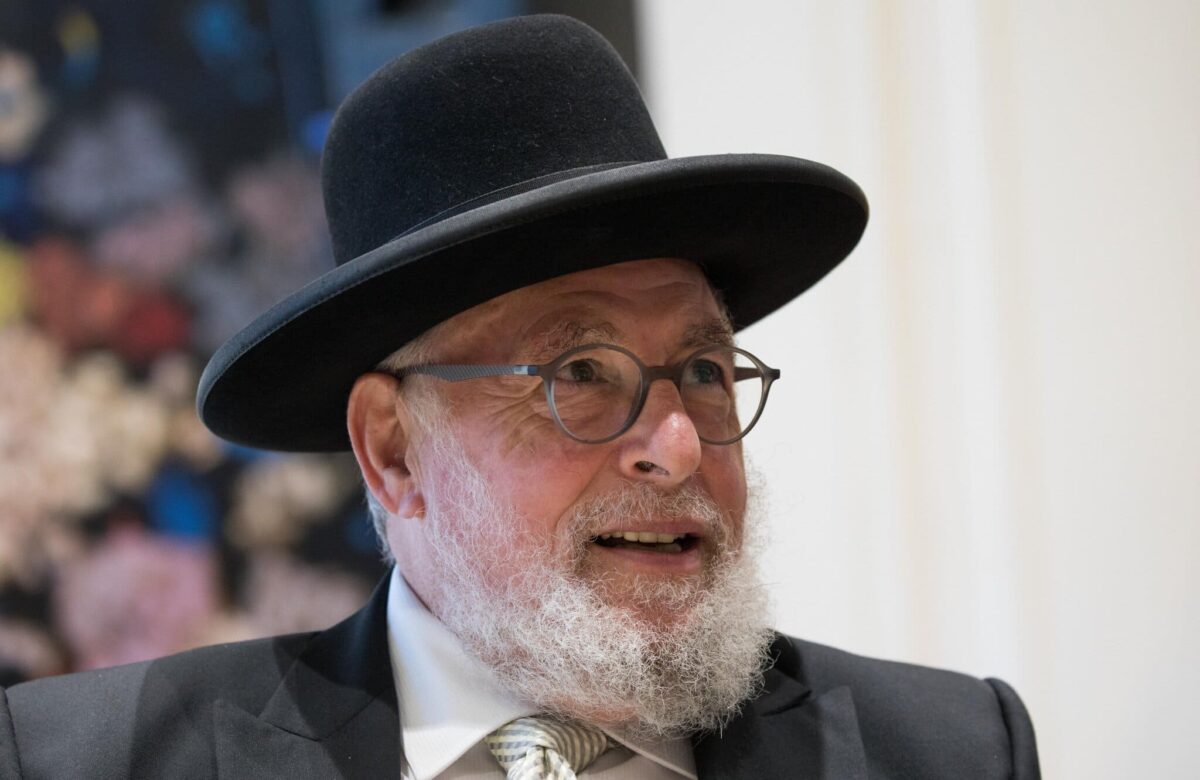
Germany and France to Establish Joint Defence and Security Council Following Merz-Macron Talks
- World News
- May 7, 2025
- No Comment
Germany and France to Establish Joint Defence and Security Council Following Merz-Macron Talks
Report by Safarti Tarjuman International Desk
French President Emmanuel Macron and newly elected German Chancellor Friedrich Merz have announced the creation of a Franco-German Defence and Security Council during their first official meeting at the Élysée Palace.
The move aims to strengthen bilateral coordination on European defence amid growing geopolitical tensions. Speaking at a joint press conference, both leaders declared their intent to “respond together to the challenges that Europe faces” and “act hand in hand” on security matters.
The meeting, seen as an effort to revive the traditional “Franco-German motor” of the European Union, comes just days before Chancellor Merz is expected to visit Poland. It also marks Merz’s first international trip since taking office.
Chancellor Merz signaled plans to travel to Kyiv in the coming weeks, emphasizing the importance of a “lasting ceasefire and peace agreement with Russia.” While stopping short of promising troop deployments, both France and Germany committed to providing Ukraine with “security guarantees” following any peace deal.
Merz also underscored the need for a stronger U.S. role, stating that lasting peace can only be achieved “with a more robust commitment from the United States.”
President Macron, when questioned on the potential delivery of long-range Taurus missiles to Ukraine, maintained strategic ambiguity, stating, “Let’s say as little as possible.
On the issue of nuclear deterrence, Merz called for broader European dialogue involving France and the UK. He described this initiative as “a complement to what we already have with our American partners within NATO,” suggesting a dual-track approach to continental security.
Merz’s tougher stance on U.S. President Donald Trump also aligns with Macron’s push for increased European autonomy in global affairs.
However, divergences remain, notably over the stalled EU-Mercosur trade deal. While Merz continues to support liberal trade frameworks, France maintains a more protectionist stance.







